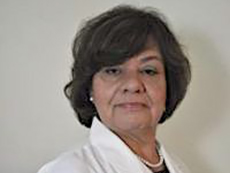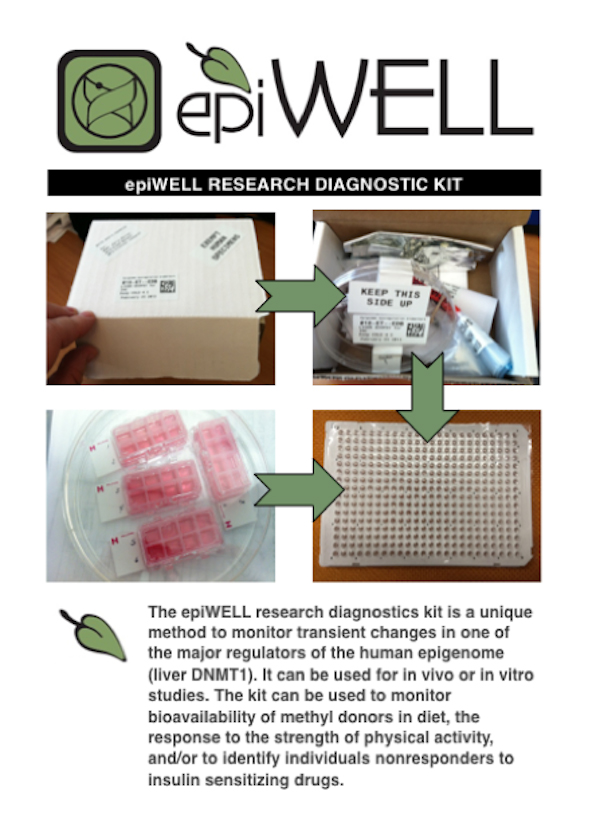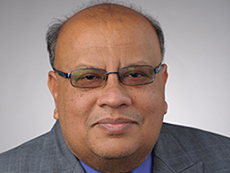250 Years Later, Declaration of Independence Still Challenges, Inspires a Nation: A Conversation With Professor Carol Faulkner
In June 1776, from a rented room in Philadelphia, Thomas Jefferson penned the first draft of the document that would forge a nation. The stakes were high, amidst the ongoing war with the British, to find the right words to…



 However, there was a problem with the in vitro methods being used at Cornell University, explains Ariza-Nieto, especially for a researcher looking at how the human epigenome is affected by real-world “biotic and abiotic” stressors. “My research is about creating ways to measure the benefits of physical and cognitive fitness, diet and happiness,” she explains. Existing in vitro models were using cancer cell lines for their models, “but I couldn’t use those for epigenetics because they are compromised cells, so I wanted to develop a cell line using uncompromised cells.”
However, there was a problem with the in vitro methods being used at Cornell University, explains Ariza-Nieto, especially for a researcher looking at how the human epigenome is affected by real-world “biotic and abiotic” stressors. “My research is about creating ways to measure the benefits of physical and cognitive fitness, diet and happiness,” she explains. Existing in vitro models were using cancer cell lines for their models, “but I couldn’t use those for epigenetics because they are compromised cells, so I wanted to develop a cell line using uncompromised cells.”